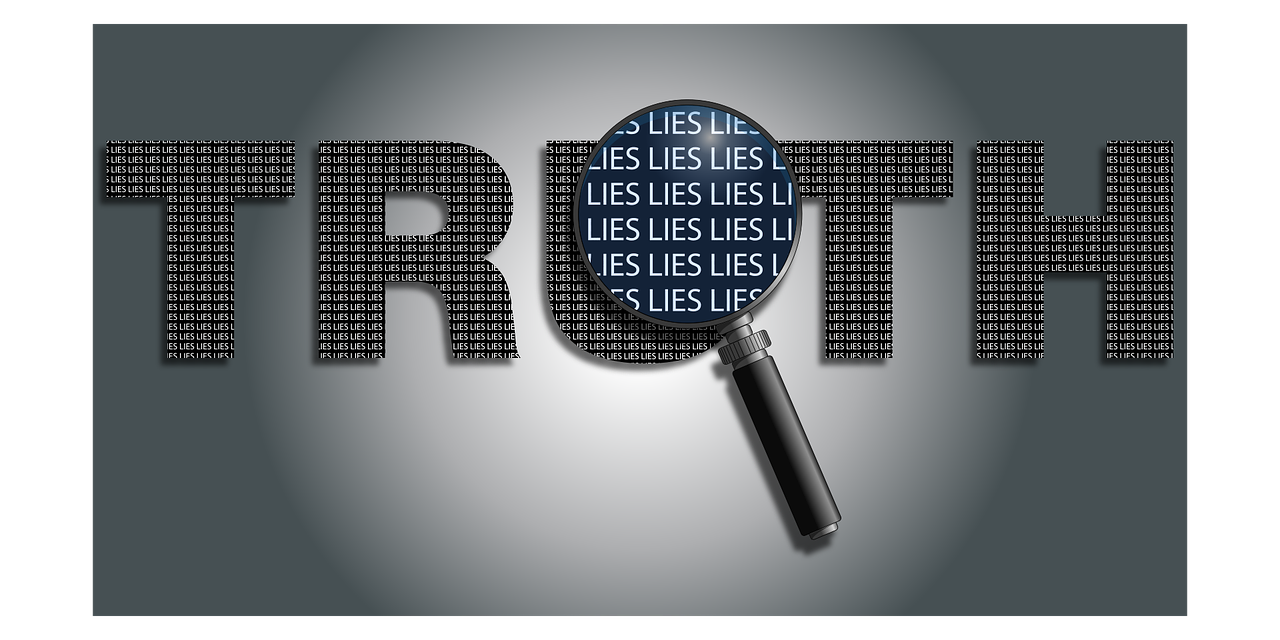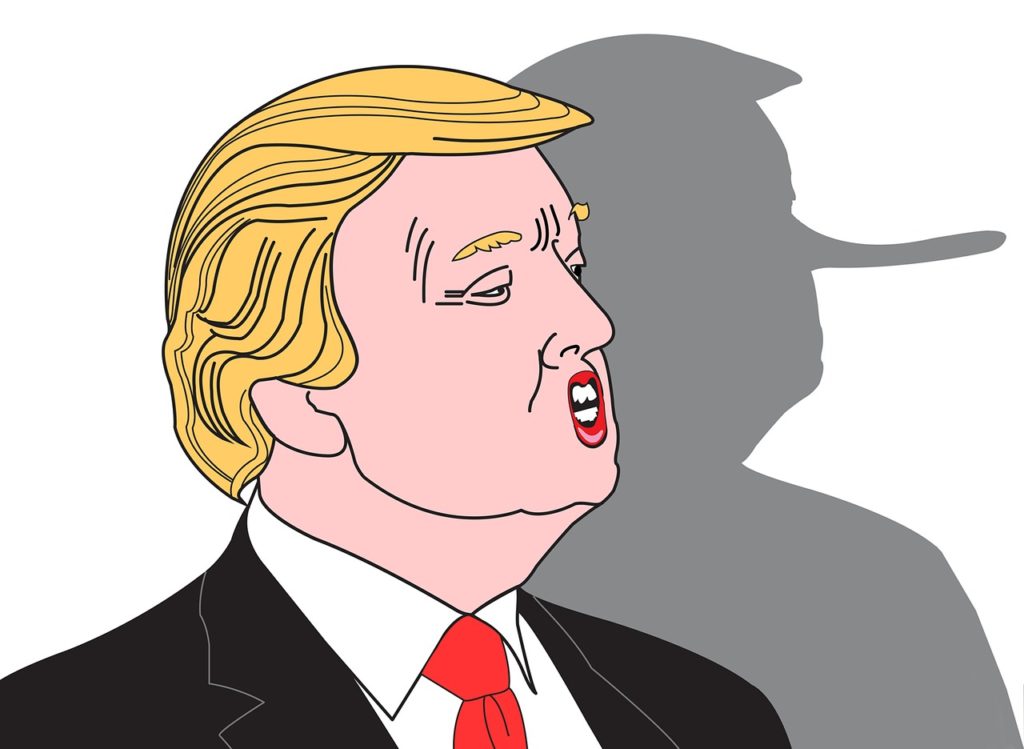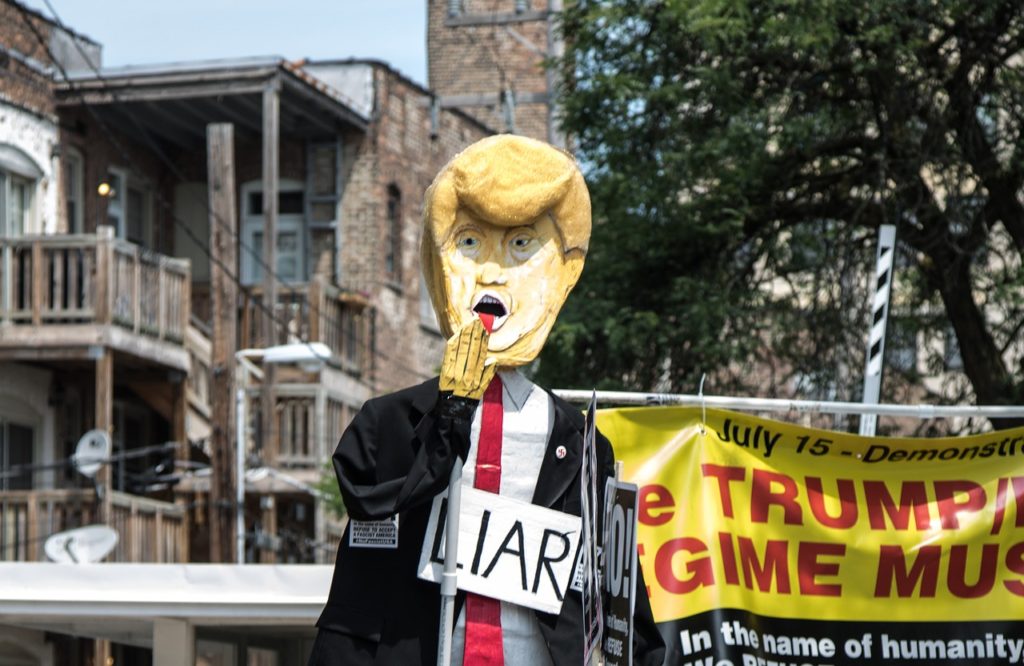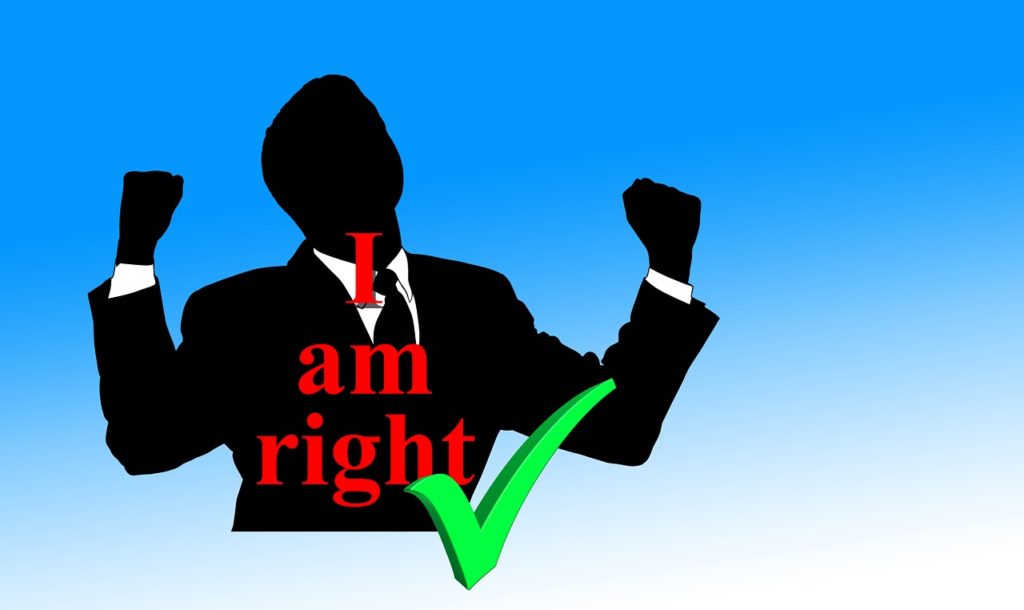
False premises, fibs, falsehoods… and outright lies!
The false premises, falsehoods, fibs and outright lies that Donald John Trump told in his prime time television address on the night of 8th January 2019 have prompted me to wonder whether we are truly outraged, or whether it is a norm in politics and business.
Let’s understand the difference between these untruths:
False premise: This is when you create a proposition to support a predetermined conclusion. The problem is that it is pretty much reverse engineering. You already know the lie that you want to support, and so you create a proposition that doesn’t accurately reflect the real matter at hand.
Fibs: These are when you excuse yourself by saying that it’s just a small or trivial untruth.
Falsehood: In this case, you state an untrue belief or idea. People usually try and wiggle their way out of falsehoods by saying things like, ‘that’s what I was led to believe’, or ‘to the best of my recollection/knowledge’.
Lie: Now, the grand-daddy of them all is a factual misrepresentation to deliberately deceive. A lie is an untruth with unequivocal intent.
Outright lies: Donald J. Trump

10 lies a day make your nose grow long 
Let’s call him what he is
Trump not only wrote the book ‘The Art of the Deal’, but he’s living ‘The Art of the Lie’. We should not sugar coat it. When we call them ‘misrepresentations’, ‘alternative facts’, ‘misleading statements’ or other such euphemisms, we only reassure the liar that s/he can get away with it. We should call them what they are: outright lies.
Trump states an average of 10 false premises, fibs, falsehoods and outright lies a day. He has told over 7,000 of these in his 700-odd days as POTUS. In his prime time television address on 8th January 2019, he stated 8 false premises, falsehoods, fibs and outright lies in 9 minutes 30 seconds! https://www.wired.com/2017/02/dont-believe-lies-just-people-repeat/?utm_campaign=wired&utm_medium=social&utm_brand=wired&mbid=social_twitter&utm_source=twitter&utm_social-type=owned
Reason: Lack of character that permeates his life. He is dishonest in everything he does. This is why the investigations by Mueller and the US Attorney for the Southern District of New York were inevitable.
So, now that we’ve got the worst case of untruth out of the way, let’s be honest with ourselves. Is our indignation and outrage justified, or are we ourselves, in business and politics, culprits of similar things?
Falsehoods: Politicians and Corporations

The people we encounter who are most guilty of falsehoods are politicians and business people. As they sometimes say, politicians never keep their promises. They peddle falsehoods to get into office, and these falsehoods come to light once they are in office. They will claim that what they tell the electorate in order to get voted in are in accordance to their party manifestos, their political beliefs or their aspirations for their people. It still doesn’t justify the falsehoods.
What do Enron, Dennis Kozlowski, Arthur Andersen, Lance Armstrong, WorldCom, Martha Stewart, Nick Leeson and Barings Bank all have in common? They all peddled falsehoods in order to mislead their shareholders or customers, or to cover up their transgressions. These are the most publicised cases, but we must ask ourselves, ‘how common is this kind of behaviour in everyday corporate life around the world?’. My response would be, ‘ more common than we think!’ https://list25.com/25-biggest-corporate-scandals-ever/5/
Reason: Insecurities. The imperative to deliver on goals and targets pushes the incompetent, unqualified and weak of character, to resort to falsehoods to try and hoodwink their stakeholders and the World. They lie to either gain office, or due to the fear of losing office if they don’t deliver. In Kenya, it is estimated that more than 50% of all legislators lose their seats in every election cycle. https://www.standardmedia.co.ke/article/2001251717/60-per-cent-of-mps-sent-home
Fibs: Many of Us

Many of us sometimes tell small or trivial lies, that we believe don’t cause any harm. ‘I’m 5 minutes away’, and you show up 30 minutes later. ‘Sorry, I had no mobile phone signal’, when we were up to no good elsewhere. But did you consider that by messing up the other person’s schedule, you could have cost them in their business? What if you had ignored that loved one’s call and they had been in a life-threatening emergency? These “trivial” lies could potentially have seriously damaging consequences.
We all know the old adage that, ‘small lies lead to big lies’. Not only are fibs a slippery slope, but they can be indicative of some more serious character defects. As Sylvia LaFair outlines succinctly, if you wish to become a great leader, or respected member of the community, you cannot be a fibber. https://www.inc.com/sylvia-lafair/fibs-or-frauddoes-everyone-lie.html
Reason: Manipulation, fear, compulsion/ habit, pride or being a faker. You see; when we use a word like a fib, it seems harmless. But the underlying motivations of fibbing are actually pretty serious.
False Premises: Narcissists, Dictators and Sociopaths

Okay, I’ve probably been a bit harsh in my heading to this category. Sometimes, but this is in the significant minority of cases, someone uses a false premise out of misunderstanding of the issue. But that is in the minority of cases! When someone always has to be right, they will shape, shift and manipulate the parameters, and basis of the scenario or issue so that they are always right. They launch their argument off a false premise because they have a preset set of lies, fabrications and falsehoods that are maybe (or they hope) a better fit with the false premise, but evade the real issue at hand.
My advice in dealing with people who do not check themselves when the false premise is pointed out to them is the old adage, ‘do not argue with a fool, because people may not be able to tell the difference’.
My belief is that the conclusions of fibs and false premises answer the question I asked at the outset. We first need to check ourselves and make sure we ourselves are not falsehood peddlers and fibbers, before we react with outrage.
I would then advise the United States Congress, through a quote from Mark Twain who said, ‘Never argue with stupid people. They will drag you to their level and then beat you with experience!’.
So, keep that slippery slope in mind, and steer clear from the edge of that cliff with the signpost, ‘Caution, fibs ahead!’.
Follow on:



